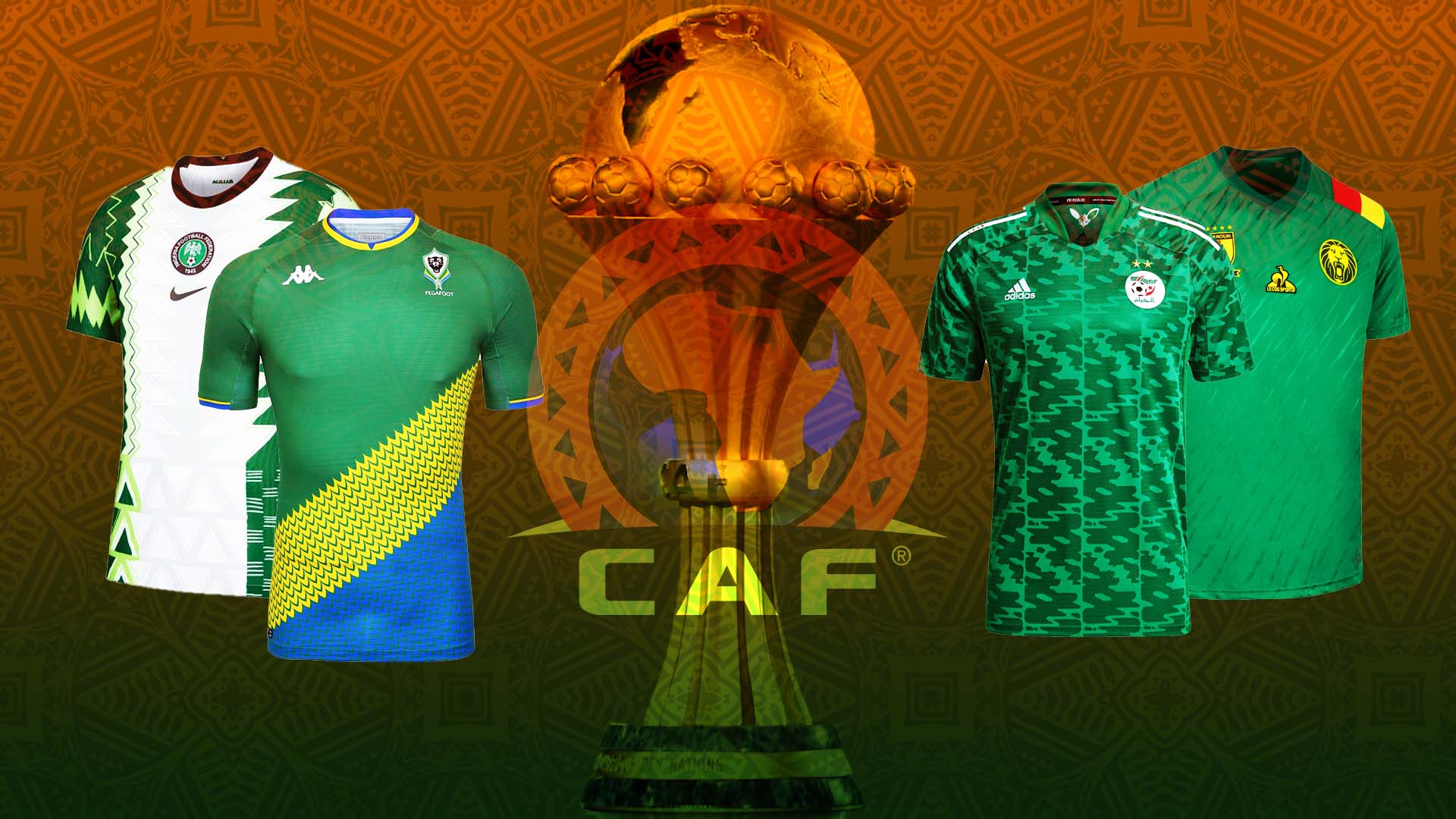From AFCON to the World: How African Clubs and Players Are Shaping Football in 2025
The African continent has always been rich in foot

Africa’s Growing Influence on World Football
The African continent has always been rich in football talent, but 2025 is shaping up to be a landmark year in the global recognition of African clubs and players. The 2025 Africa Cup of Nations (AFCON) once again demonstrated the technical skill, tactical discipline, and raw passion that African teams bring to the pitch. Countries like Senegal, Nigeria, Morocco, and Côte d’Ivoire are not just competing—they’re setting new benchmarks for performance, sports science, and fan engagement.
Domestic leagues, too, are seeing unprecedented growth. Investments in stadium infrastructure, youth academies, and coaching standards are raising the quality of football. Local clubs are now better equipped to compete with their continental rivals, while also producing players who can succeed in the world’s most competitive leagues.
Real-Time Updates Fueling Fan Engagement
African football fans are among the most passionate in the world. Whether it’s an AFCON knockout game or a midweek club fixture, supporters want updates in real-time—especially those who bet on matches or follow their favorite players abroad.
This is where digital platforms have become game-changers. Services like flashscore mobi live scores on Sofascorebet allow fans to track games instantly, from the streets of Lagos to the neighborhoods of Nairobi. With easy mobile access, live stats, and match timelines, fans no longer have to wait for post-game summaries or rely on delayed TV coverage. This instant access keeps communities connected to both local and international football action, making the experience more interactive and informed than ever before.
African Clubs Building Global Partnerships
In 2025, African clubs are becoming strategic players in the global football ecosystem. Many have entered partnerships with European, Asian, and Middle Eastern clubs to exchange talent, coaching expertise, and sports technology. These collaborations are producing better-trained athletes and offering them a clearer pathway to elite football.
The CAF Champions League is also gaining more international attention, with scouts and agents regularly attending matches to discover new prospects. This visibility is giving players from lesser-known leagues the chance to secure contracts in major competitions such as the English Premier League, La Liga, and Serie A.
Players Leading the Way Abroad
The success of African players in Europe’s top leagues has inspired a new generation. Stars like Victor Osimhen, Mohammed Kudus, and Achraf Hakimi have become household names, not only for their skill but for their leadership and influence off the pitch. Their stories serve as proof that African talent can thrive on the biggest stages—and motivate young players back home to dream bigger.
It’s not just about the players; their success also strengthens the reputation of their home countries and leagues, attracting more sponsors, improving broadcasting deals, and driving interest in domestic football.
The Role of Technology in Player Development
African football academies are embracing sports analytics, video analysis, and AI-driven training programs to maximize player potential. Technologies that were once exclusive to top European clubs are now being adopted across Africa.
Performance monitoring tools help coaches fine-tune training, prevent injuries, and adapt tactics based on opponent data. This scientific approach is paying dividends—players are more technically polished, physically prepared, and tactically aware than in previous generations.
Women’s Football on the Rise
2025 is also a pivotal year for women’s football in Africa. National teams like Nigeria’s Super Falcons and South Africa’s Banyana Banyana are making waves on the global stage. Increased investment, better facilities, and growing media coverage are ensuring that women’s football is not an afterthought but a major growth sector.
Clubs are forming women’s teams, federations are introducing structured leagues, and sponsors are recognizing the commercial potential of this expanding market. The result is a healthier, more inclusive football culture across the continent.
Broadcasting and Sponsorship Growth
African football’s visibility is skyrocketing thanks to improved broadcasting deals. Local leagues are now streamed internationally, and global platforms are featuring more African matches. This accessibility attracts sponsors who see the value in connecting their brands with Africa’s passionate fan base.
Broadcasters are also experimenting with interactive features—allowing fans to vote for man of the match, predict scores in real time, and access behind-the-scenes content. This type of engagement ensures that fans stay connected before, during, and after matches.
Challenges Still to Overcome
Despite the progress, challenges remain. Infrastructure gaps in some countries still limit the development of domestic leagues. Corruption and poor governance can hinder investment, and financial instability makes it harder for smaller clubs to retain top talent.
However, with CAF introducing stricter licensing regulations and FIFA offering development grants, the overall trend is positive. African football is moving toward more professionalism, transparency, and long-term sustainability.
The Road Ahead to 2030
Looking ahead, the next five years could see Africa become an even greater force in world football. With growing investment, the success of African players abroad, and the adoption of cutting-edge technology, the stage is set for a golden era.
Fans will continue to play a central role in this transformation. Their passion drives ticket sales, merchandise revenue, and online engagement—fueling the entire football ecosystem. Digital platforms like Sofascorebet will remain vital, ensuring that fans everywhere have immediate access to the information they crave.
Conclusion
From AFCON glory to European league dominance, African clubs and players are shaping the future of football in ways that were unimaginable a decade ago. The year 2025 is not just another chapter—it’s the beginning of a new era where African football stands shoulder-to-shoulder with the global elite.
Whether you’re in a packed stadium or following on your phone from thousands of kilometers away, one thing is certain: African football is here to stay, and its influence will only grow stronger.







